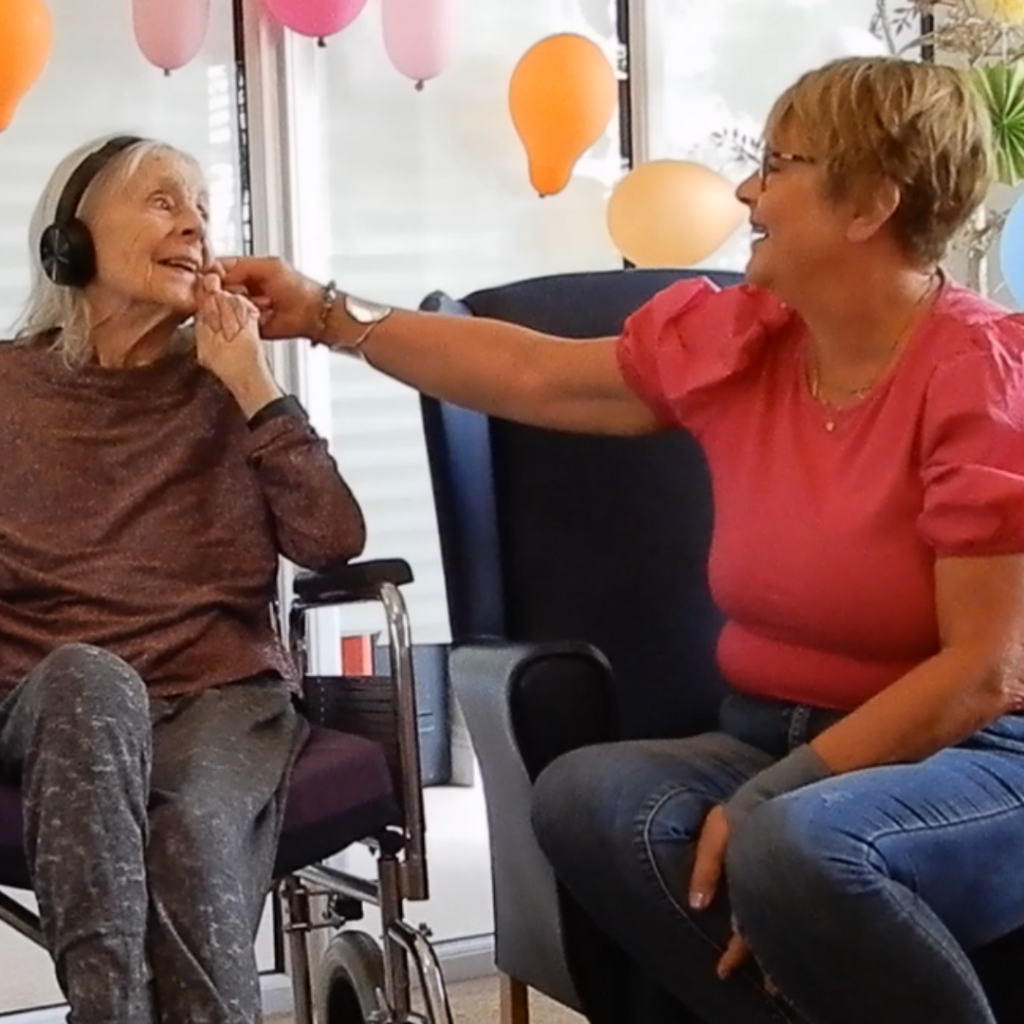Music can improve dementia symptoms
Is there a song that instantly transports you back to a specific time in your life? A particular melody that stirs up emotions and memories long forgotten?
Music has a profound ability to connect us to our past, and for those living with dementia, it can be a powerful tool for improving quality of life. 
Research consistently shows that music can alleviate symptoms of dementia, helping individuals manage anxiety, improve mood, and even rebuild connections with loved ones.
Investigating personalised playlists
One of the latest studies in dementia research is investigating the impact of personalised playlists.
The study, currently recruiting participants through Join Dementia Research until July 2025, is exploring how tailored music selections can improve quality of life and help manage behavioural and psychological symptoms associated with dementia.
Participants in the study complete a short questionnaire, after which a playlist of up to 30 songs is created for them. Early findings suggest that personalised music can:
- improve mood and reduce agitation
- focus attention and enhance engagement
- help smooth over difficult moments and ease distress
This builds on existing research demonstrating that music can be a valuable tool in dementia care, helping individuals reconnect with their past and interact more meaningfully with those around them.
Music therapy groups
Across the UK, there are many community-led music therapy groups supporting people living with dementia. Singing for the Brain, a nationwide initiative, provides group singing sessions designed to stimulate memory and communication. You can find a local session through Alzheimer’s Society.
Music is more than just entertainment – it is a bridge to the past, a source of comfort, and a means of communication for those struggling with dementia.
As research continues to uncover its full potential, the power of music offers hope for enhancing the lives of many.
Do you enjoy listening to music? We may have a study for you! Sign up to Join Dementia Research today.
Tomorrow, read the next in our series about 10 reasons to be hopeful, focused on new classes of drugs which have shown promise.
